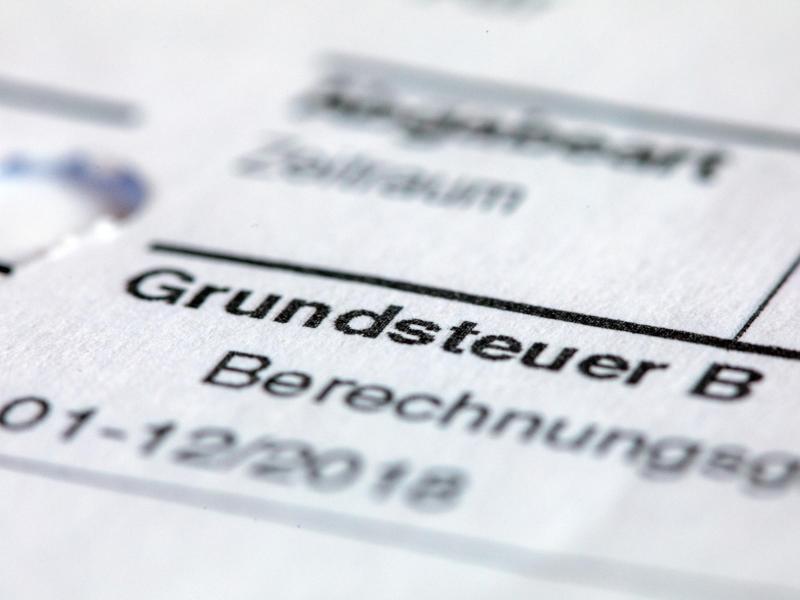
Property tax will be calculated according to a new system as of 2025. Whether it will be more expensive for homeowners and tenants, however, remains open after the decision of the bundesrat on friday.
Taxes are likely to continue to fluctuate greatly from place to place because the municipalities retain the final say. Moreover, the final figure will not be known for several years.
The municipalities, on the other hand, received security: if the reform had not been passed before the end of the year, they would no longer have been allowed to charge property tax in the coming year following a court ruling. This would have meant the loss of one of their most important sources of income. Finance minister olaf scholz (SPD) emphasized: “we have broken the decades-long deadlock and thus secured billions in revenue for cities and municipalities in the long term.”
The federal states can now decide whether to use the calculation method of the federal ministry of finance in the future or to develop their own. The federal model continues to be based on the value and flatness of a property, which is why all 35 million properties in germany had to be revalued.
Among other things, average rents in the relevant residential area are to be taken into account here. Some countries, such as bavaria, find this too time-consuming and want to use only the flat value of a property for the calculation.
Bavaria’s finance minister, albert furacker (CSU), said his state is backing a “value-independent simple basic tax model. In contrast to the model envisaged by the federal government, this would not automatically lead to an increase in the property tax burden and thus also in rents every few years as property prices rise.
However, this argument does not take into account the fact that the municipalities still have the final say on property taxes. They set levy rates that are ultimately decisive for the level of the levy. This means that the tax burden for owners can vary by several hundred euros, depending on where you live. A municipality can even set a zero rate of taxation so that its residents do not have to pay any property tax at all. It was also able to compensate for rising real estate prices through lower levy rates.
The federal government has appealed to the municipalities to adjust their rates so that they do not collect more property tax than before – but it cannot force the municipalities to do so. However, the german association of cities and towns assured: “the cities are also expressly committed to a revenue-neutral reform. It should not lead to higher revenues. For this, the cities will adjust their local assessment rates in time.”Recently, municipalities collected more than 14 billion euros in property taxes.
The real estate industry nevertheless expects tax increases. “Financially strapped municipalities will by no means lower their rates of assessment to compensate for the increase in property values,” explained the president of the industry association IVD, jurgen michael schick. In addition, the administrative expenses are not in proportion to the tax revenue. The association is therefore asking the states to develop their own, simpler calculation models.